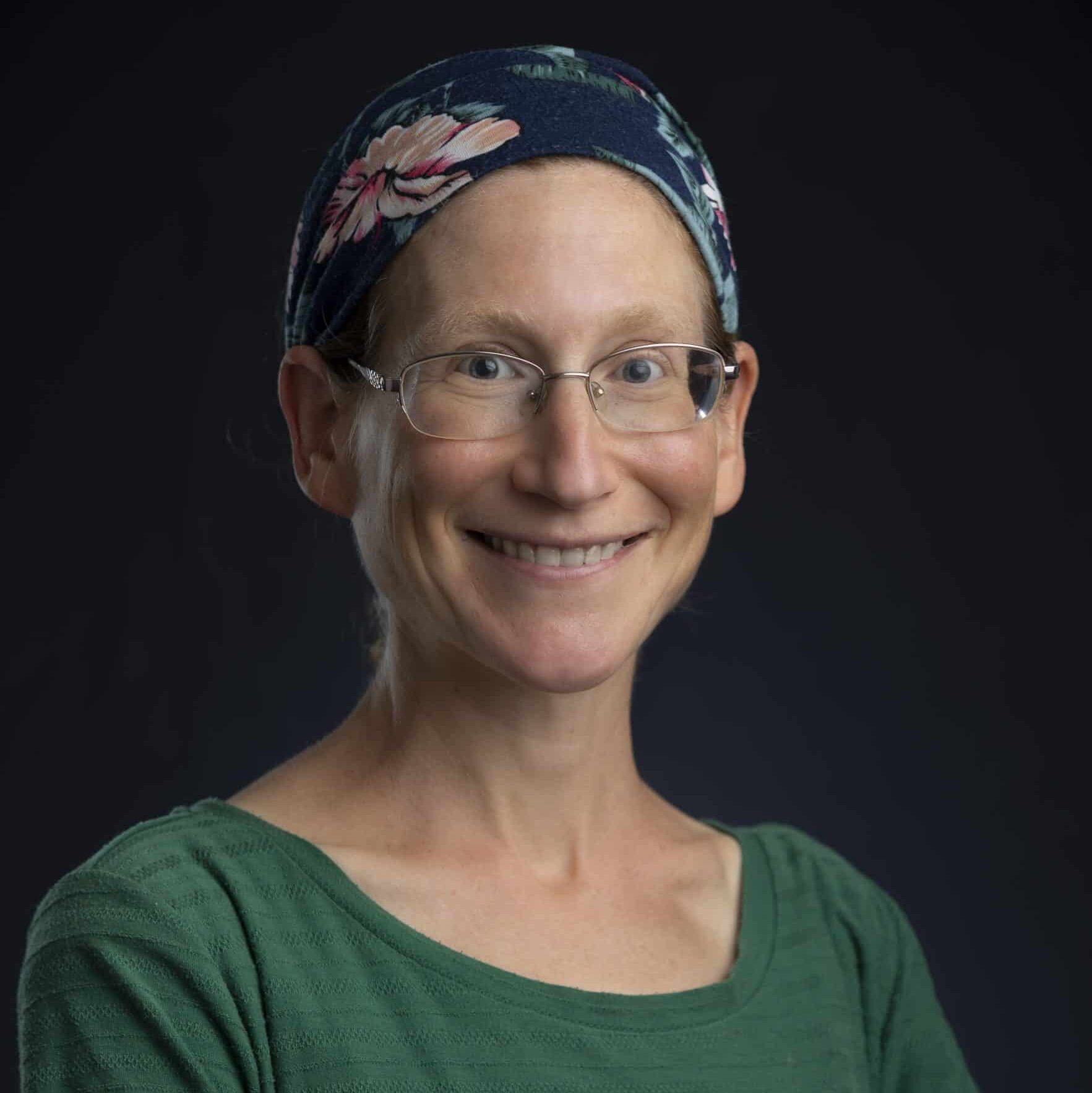Parashat Pekudei describes the construction of the Mishkan (Tabernacle) and its furnishings in accordance with the specific instructions given by God to Moshe.
Instructions for building the Mishkan
The chief artisan responsible for the project is Bezalel, who is described as being “filled with the Spirit of God, with wisdom, with understanding, with knowledge and all kinds of skills” (Exodus 31:3). The account in our parashah suggests that Moshe and Bezalel worked side by side, with Moshe receiving the architectural specifications from God and Bezalel implementing them.
But the TalmudReferring to one of two collections, the Jerusalem and Babylonian Talmuds, edited in the 6th century, that contains hundreds of years of commentary, discussion, and exploration of the ideas in the Mishnah. One could describe it as Mishnah + Gemara = Talmud Read more tells a more nuanced story about the nature of their collaboration, suggesting ways in which we can work constructively with one another.
The Talmud (Berakhot 55a), in discussing Bezalel’s unique talents, highlights a discrepancy between God’s instructions for building the Mishkan as conveyed to Moshe, and the Torah’s account of its actual construction.
Moshe, in transmitting God’s instructions, speaks first of the construction of the ark, along with its golden cover and golden cherubim (see Exodus 25). Only then are we told about the construction of the Mishkan itself, with its cloth coverings and planks of acacia wood (Exodus 26).
But when the instructions are actually carried out, the TorahRefers to the first five books of the Hebrew Bible, the Tanakh, also called the Five Books of Moses, Pentateuch or the Hebrew equivalent, Humash. This is also called the Written Torah. The term may also refer to teachings that expound on Jewish tradition. Read more states that Bezalel made the tents and planks (Exodus 36) and only then built the ark and its accessories (Exodus 37). If God’s instructions to Moshe specified building first the ark and then the Mishkan structure, why did Bezalel reverse the order?
The discrepancy
The rabbis recount a conversation between Moshe and Bezalel about this discrepancy.
According to the rabbis, God told Moshe to instruct Bezalel to build the Mishkan and then the ark inside it. But Moshe—perhaps inadvertently—switched the order and told Bezalel heard Moshe’s instructions, he was puzzled, as they seemed inconsistent with his own experience and expertise as an artisan.
And so, he questioned Moshe about what he’d been told: “Moshe our teacher,” he began politely and deferentially, “The standard practice throughout the world is that a person builds a house and only afterward places the vessels inside it. And yet you said to me: Make an ark and vessels and a Mishkan. If I do so in the order that you commanded, where would I put the [ark and] vessels?”
It seemed unlikely to Bezalel that God would want him first to build the ark, and only then build a Mishkan in which to house it. Boldly but respectfully, Bezalel went on to ask Moshe, “Perhaps God rather told you to make the Mishkan, then the ark?”
We can imagine a moment of silence in which Moshe tried to recall exactly what God had told him up on Mount Sinai, amidst the thunder and lightning of revelation. And then suddenly Moshe remembered that indeed Bezalel was right—God had indeed told him to build first the Mishkan and then the ark, as Bezalel had supposed.
How could Bezalel have known?
The Talmud records Moshe’s response: “Perhaps you were in God’s shadow, and you knew precisely what God said?”
The Hebrew word for “in God’s shadow” are “be-tzel el,” and thus this Talmudic account also serves as a midrashic explanation for Bezalel’s name. Bezalel was so wise that he could intuit God’s instructions to Moshe even without hearing them directly, as if he were all along standing in the shadow of God’s presence.
It is telling that Moshe assumes that the ark should be built first, whereas Bezalel reasons that the Mishkan takes primacy.
As Rabbi Yehuda Brandes explains (in Torat Imecha, Maggid, 2008, untranslated), Moshe lists the ark first because the ark is of central religious importance—it is here that God’s presence will be revealed, and it is here that God will speak to the people from between the golden cherubs.
The ark, too, is the house for the Ten Commandments containing God’s holy word as spoken to Moshe on Sinai. Surely the ark should be built first, followed by the Menorah and altar and the other vessels used in the worship of God.
And surely the tent coverings and curtains of the Mishkan should come last since they are merely the enclosure for the holy items inside. For Moshe, a visionary leader who speaks face-to-face with God, it is clear that the most sacred items take primacy.
But for Bezalel, the expert craftsman, it is obvious that the holy vessels can’t exist without a place to house them, and thus he assumes that the Mishkan must be built prior to the ark and its furnishings.
Talents and ideas
As we learn from Moshe and Bezalel, it takes all kinds of talent to build a home for God. I think about this lesson nearly every Shabbat afternoon, when my kids embark on an elaborate construction project involving blocks, cushions, chairs, kitchen utensils, bed sheets, and stuffed animals.
One week they build a synagogue, the next week a swimming pool, the next week a sushi shop.
Usually, it is my daughter who conceives of the idea, and my son who directs the construction. “Let’s make the sushi free for homeless people,” says my daughter, and my son responds, “we’ll give them xylophone sticks for chopsticks.”
They don’t always see eye to eye, but in those moments when they are able to appreciate one another’s talents and contributions, I sometimes imagine that I’m catching a glimpse of the indwelling of God’s presence behind the Fisher Price cash register.
See more: Parashat Pekudei
Originally posted as part of the Conservative Yeshiva at the Fuchsberg Jerusalem Center’s Torah Sparks. Support Torah learning from the Fuchsberg Jerusalem Center/Conservative Yeshiva for leaders and seekers around the world here.
Authors
-

Ilana Kurshan teaches Talmud at the CY. She is the author of If All the Seas Were Ink (St. Martin’s Press, 2017) and Why is This Night Different From All Other Nights (Schocken, 2005). She has a degree in History of Science from Harvard and in English literature from Cambridge, and has worked in literary publishing both in New York and in Jerusalem – as a translator, a foreign rights agent, and as the Books Editor of Lilith Magazine. Since October 2020, Ilana has been a regular contributor to Torah Sparks, FJC’s weekly parashat hashavuah blog.
View all posts -



The Fuchsberg Jerusalem Center (FJC) is a home in the heart of Jerusalem where leaders and seekers can find an authentic place in Jewish tradition to call their own. FJC offers opportunities to study, pray and explore within an egalitarian and inclusive setting, creating multiple pathways for finding personal and communal meaning.
View all posts






